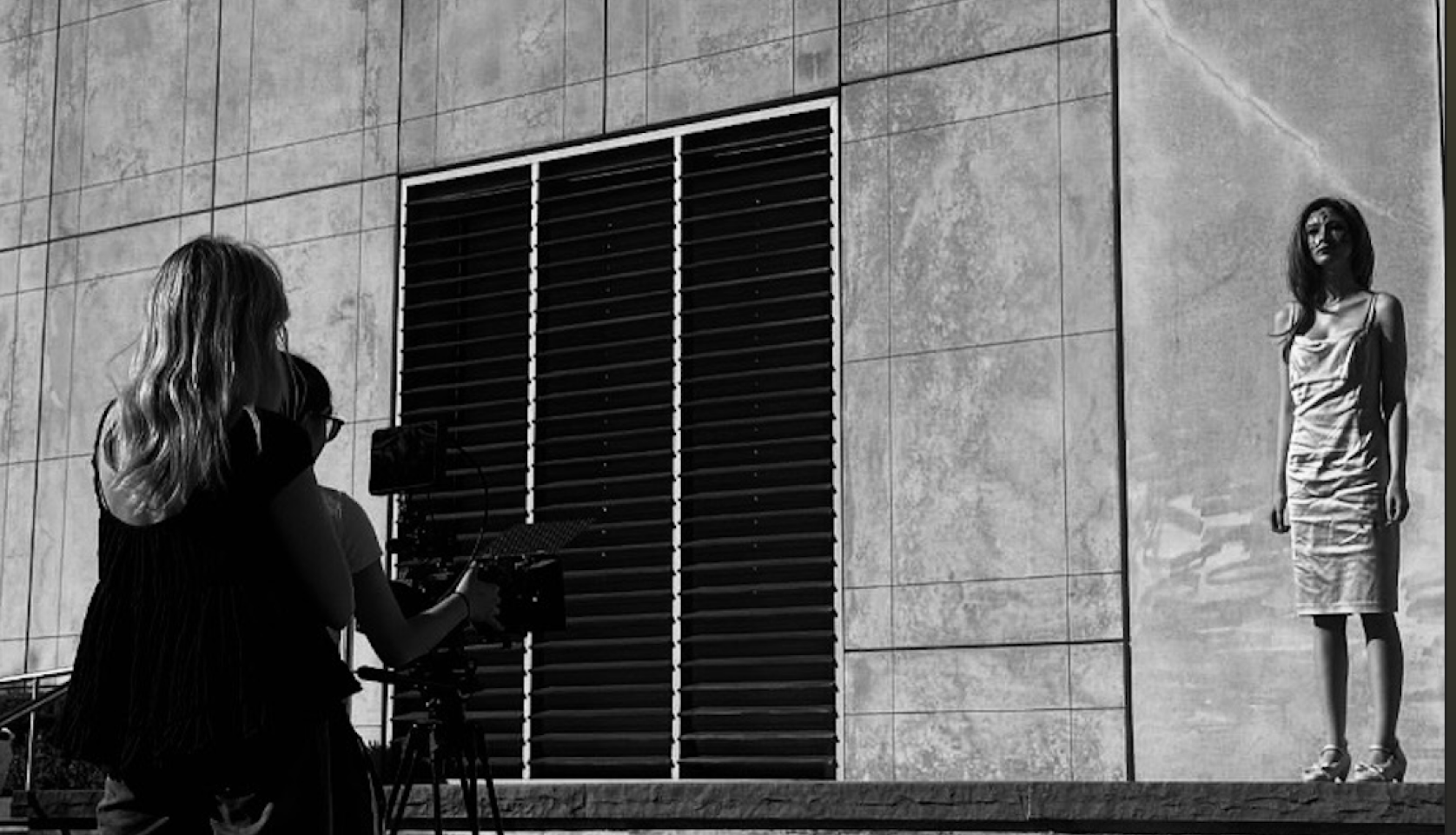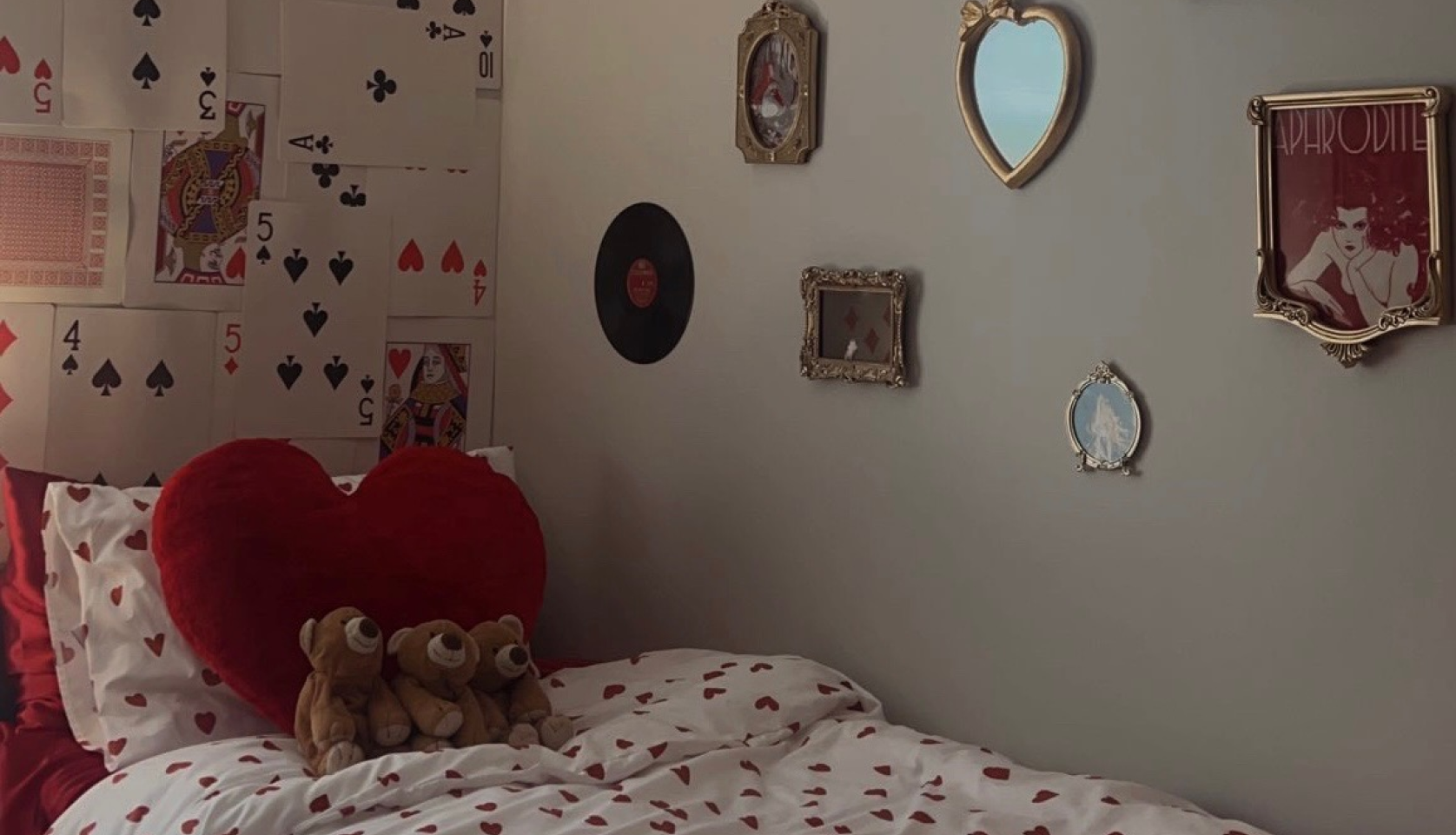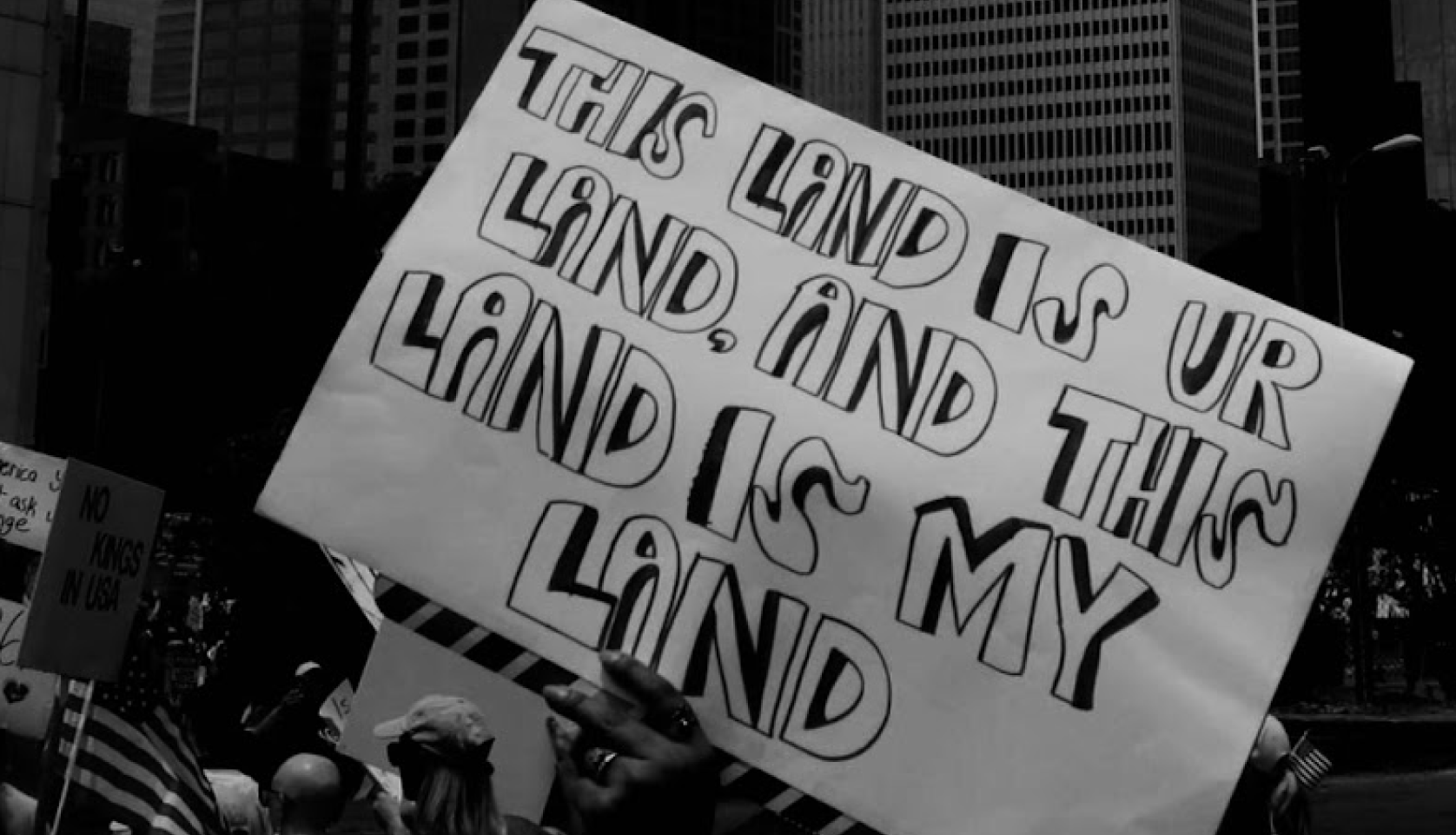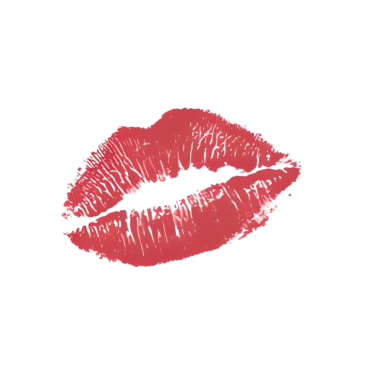Horror

I’ve been afraid my entire life. Some of my earliest memories are of awakening in my crib and feeling like I was being watched. Surely, something was in the corner shadows where my pink walls could not be touched by the illumination of my nightlight. Often I recall feeling paralyzed in place when playing outside, consumed by the notion that if I turned around, a stranger would be there to greet me with a soft smile and a hard death. I would wake my brother, recruiting him to check under my bed at three am, certain that something was trying to seep up from the floorboards and smother me. When taken to a therapist for these peculiarities, I was told my paranoia was a manifestation of anxiety that I was too young to recognize or name. I don't believe this to be the case.
Imagine my parents' shock— the same parents who had to dry my night terror tears— when I began bringing horror movies home from the RedBox, treating Halloween like a sacred ritual, and writing short stories that made it difficult to find a peaceful sleep. It was a development no one could’ve guessed, and one that shaped my future. As I grow in my love of crafting horror stories I recognize the truth. My paranoia wasn’t merely a symptom of anxiety, but my greatest gift. Because when you spend your entire life being fucking terrifed you learn a thing or two about how to inflict that same feeling on an audience.
Creating these stories, I have begun to note my own sort of manifesto or rules that make up the horror genre, and my approach to it.
- Horror has the ability to impress the point upon a viewer in a way other genres cannot rival
My mission statement and dedication to horror is simple, and rooted in the fact that I spent a majority of my life thinking I would go to college for political science. This was before I realized I could do more to propel change from behind a camera than behind a congress desk. This epiphany was born from watching social commentary horror films: Get Out, Midsommar, Promising Young Woman, and Mother!, all led me to draw the same conclusion. Horror movies have the unique power to impress the point upon a viewer in ways other genres can not begin to touch. Not only is the audience left pondering the themes, they are scared of real life issues that have been taken to an extreme. When fostered correctly this fear can lead to action, thus propelling change and inspiring social justice.
This has been the guiding principle of my short films so far. My first being about a forensic sketch artist that draws himself as the suspect, and the second about a high school girl who dissects her classmate in order to win the local beauty pageant. Scary in their own right, but the real horrors lie within the reality that bred those stories, the truth that gives the stories a pulse; men being blind to their own misogyny and violence, and women mutilating themselves in pursuit of societal beauty standards.
- There are two ways to scare an audience
This belief is pretty intuitive and often talked about. When my mother says she hates scary movies, but hates psychological thrillers even more, she is really referring to the two ways to scare: conscious, and subconscious.
Conscious fear is obvious. The viewer is identifying the threat on screen and understands why it is frightening. Right yes, I would not get chased with a chainsaw that could kill me. Someone following me to my car at night is probably threatening. Yeah no, being thrown into a pit of dirty needles is not ideal. Obvious threats with clear consequences. I, however, am far more interested in the subconscious.
I could spend hours talking about the psychology of horror, and the intricacies of fear. When you understand the brain of the audience, you understand how to get inside of it. Adrenaline, fear, and anxiety are all evolutionary developments in order to keep humans alive. This essentially means that when you are scared, you are almost connected to your ancestors and responding to their primal survival instincts. For example, it is theorized that humans get anxious when presenting because it evokes the same reaction that we felt millions of years ago when we were singled out from a tribe or community. Back then it meant certain death, being cut off from food sources and protections. Today it just means you might embarrass yourself and yet, some feel the same paralyzing anxiety.
But how can this be applied to horror movies? I’m so glad you asked. Masks are a very common trope in horror. Ghostface, Jason, and Leatherface have all become motifs of the genre. But why are they so effective? Yet again, thank you for asking. We are once again drawn to the same line of thought– prehistoric thought. Our brains have been trained, over millions of years, to recognize oddities in human physicality and actions as signs of disease and therefore death. So not only is Ghostface scary because you don’t know who's under the mask and they wish you a violent death, but subconsciously, your brain wants you to get out of there before you contract the bubonic plague. This theory can also be applied to things like contortionism in film or other sharp, hard movements. They aren’t perceived as normal or safe, and you need to escape the backbending girl shimmying down the stairs trying to catch you and you catch smallpox.
Another important fact when considering the headspace of your audience is that the best tool at your disposal is the fear of fear. If we were to break horror movies down, the biggest portion would be the tension and build up. These scenes in the film utilize a horror filmmaker’s greatest asset- the audience’s imagination. As their mind races to get ahead of the threat, they end up fearing the feeling of horror they know will come. This is why a two hour film of just jumpscare to jumpscare is not effective. You have to give the watchers time to scare themselves during the agonizing idle time.
- The best horror movie and the scariest horror movie are not going to be the same
The last principle of operation I’m going to leave you with today is one a lot of people are probably going to want to argue with me about. It is my belief that the most horrifying movie in the world and the best horror movie in the world could never exist as one. They are on two entirely different planes. Like, fuck a snuff film. Anyone can edit together hours of absolutely sickening content that will keep a generation shivering for life. It takes grace and talent to scare an audience and have them thank you for the good time. The scariest thing you could do is throw a person into a story that has no map, no arc or characterization, no change or lesson learned. But that would be hot garbage as far as storytelling and the art of film goes. No structure or connection leads to a lonely sort of fright.
A sub category of this rule that I’ve observed is somewhat obvious and has to do with the actors. If you want a lot of attention to the film, hire famous. If you want to scare the audience, give them a stranger. Putting a recognized and well loved person on the screen can cut the illusion and fear down half a size. When you put a big star on screen, you are throwing the audience a lifeline. Yeah, this movie is scary but Jenna Ortega and I go wayyyy back. I feel almost safe watching her run for the murder because that's my girl from Disney Channel days. I however am not roping actors like Nicolas Cage and Bill Skarsgard into this. Unrecognizable transformations of that degree do not count. They deserve their flowers because never did I think the man that brought me Benjamin Franklin Gates in National Treasure could reduce me to nausea during Longlegs.
It’s a different experience altogether when I see films like Talk to Me in theaters. I was scared out of my mind, and practically praying that the next scene would bring me someone I recognized to lure me into a false sense of comfort, to make me feel like I had a friend to help me gain my bearings in this strange new world.
These are just some things that fear’s ever present possession of my body, coupled with my love of all this petrifying has taught me . While this is certainly a love letter to horror, it is also a love letter to one of the most important skills a human can have: overcoming. I took my life altering fears and turned them into art. A coping skill that will help me survive the rest of my life. Unless a masked killer comes after me.


